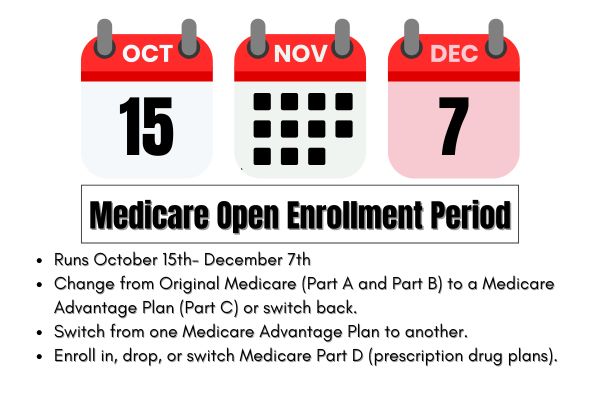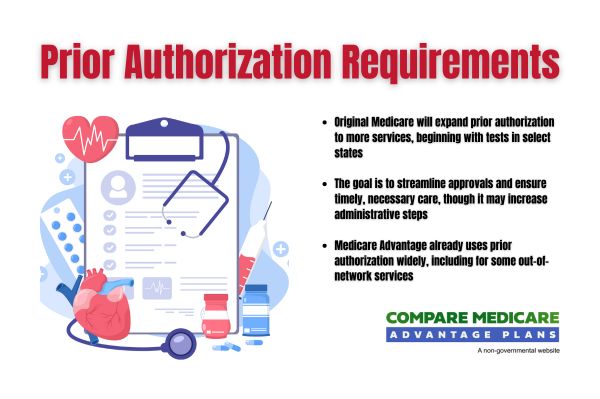Understanding Medicare Part C Basics

Medicare Advantage Plans, also known as Part C, offer an alternative to Original Medicare, providing a different structure for beneficiaries seeking more comprehensive coverage. These plans are provided by private companies approved by Medicare, which means they often include additional benefits not available through Original Medicare. Beneficiaries can receive hospital insurance (Part A), medical insurance (Part B), and often prescription drug coverage combined into one medicare plan.
Most Medicare Advantage plans include extra benefits such as vision, dental, and hearing care, which are not covered by Original Medicare. This makes them an attractive option for enhancing healthcare coverage. However, comparing the specifics of each plan with your needs is crucial for making the best choice.
Coverage of Medical Services
Medicare Part C provides extensive coverage, encompassing hospital insurance (Part A), medical insurance (medicare part b), and additional services not found in Original Medicare. This all-in-one approach simplifies healthcare management by consolidating various aspects of medicare coverage under a single plan.
The specifics of what Part A and Part B cover, along with the extra benefits offered by many Medicare Advantage plans, will be discussed. This breakdown highlights the comprehensive nature of Medicare Part C and how it can meet your healthcare needs.
Hospital Insurance (Part A)
Part A of Medicare Advantage plans covers inpatient hospital care, hospice care, and home health care services. For most people, the premium for Part A is $0, making it accessible without additional out-of-pocket costs. Additionally, the deductible for each inpatient hospital stay is $1,676, and there are no limits on the number of benefit periods one can have in a year.
Hospice care services under Part A are covered at no cost to the beneficiary. Home health care services are also provided at no cost, ensuring essential care without financial strain.
Medical Insurance (Part B)
Part B of Medicare Advantage plans generally covers outpatient services like doctor visits, preventive care, and durable medical equipment, ensuring access to necessary medical services outside hospital stays, including those outlined in a ma pd plan.
Part B also covers mental health services, which are crucial for comprehensive healthcare, along with routine doctor visits and preventive screenings. This extensive coverage helps manage medical costs effectively.
Extra Benefits
Many Medicare Advantage plans go beyond the basics of hospital and medical insurance by offering additional benefits that Original Medicare does not provide. These can include vision, dental, and hearing care, which are essential for maintaining overall health but are often overlooked in traditional coverage.
Other services like wellness programs and even gym memberships are also commonly included, enhancing the quality of life for beneficiaries. These extra benefits provide a holistic approach to healthcare, addressing all aspects of a beneficiary’s well-being.
Prescription Drug Coverage in Medicare Part C

One of the significant advantages of Medicare Part C is the inclusion of Medicare prescription drug coverage, which combines hospital, medical, and covered medications benefits into one Medicare part d prescription drug plan. Most Medicare Advantage plans with part d drug plans have three cost stages: deductible, initial coverage, and catastrophic coverage, including prescription medications.
In 2026, the annual deductible for Medicare drug plans will increase to a maximum of $615. Beneficiaries will pay 25% coinsurance for covered drugs until their out-of-pocket spending reaches $2,100, after which no additional costs will be incurred for the remainder of the year.
The Inflation Reduction Act significantly impacts Medicare Part D by restructuring it to limit what enrollees pay. Starting in 2026, Medicare will negotiate drug prices, benefiting both Part D and Part B plans and making prescription drugs more affordable for all beneficiaries.













